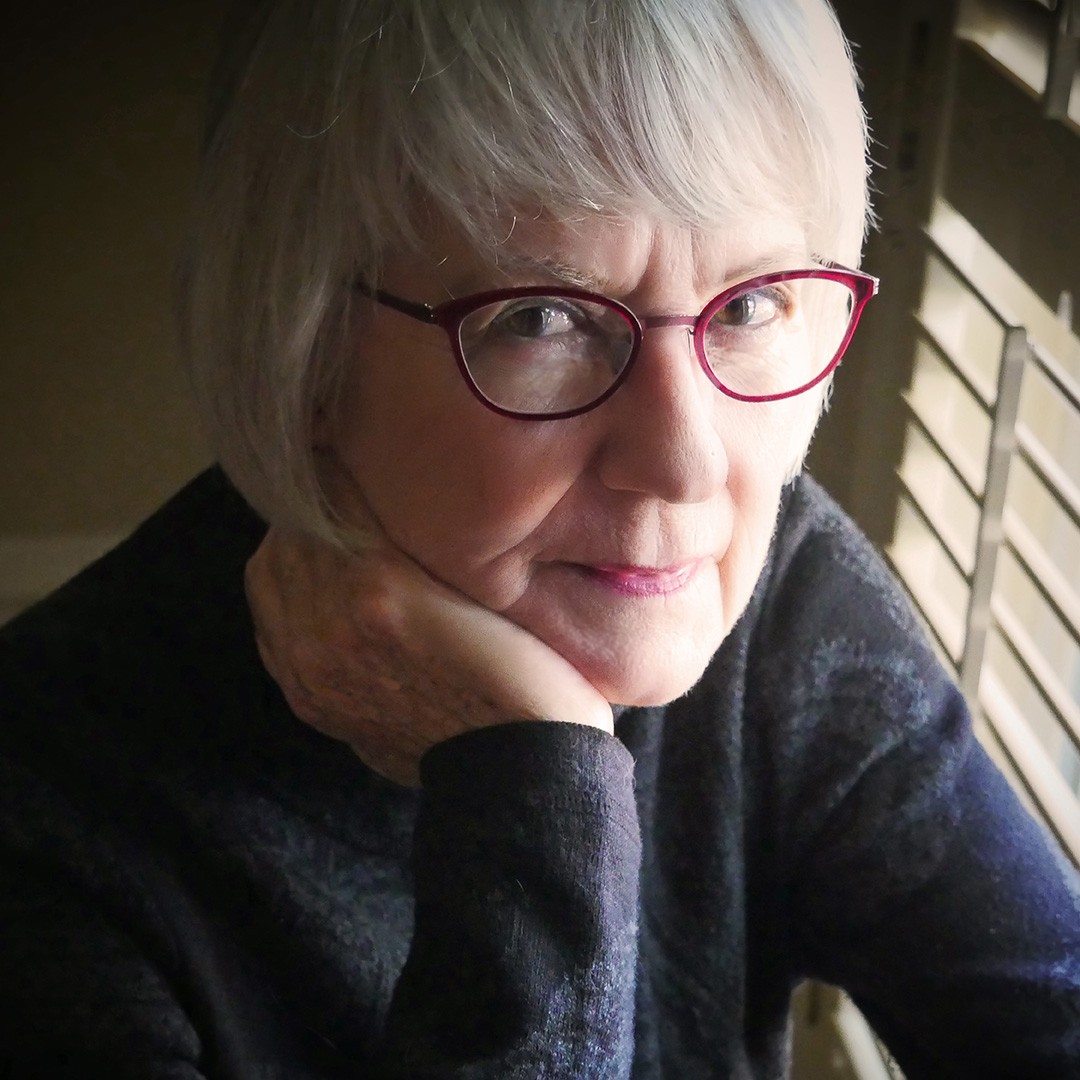Alright – so today we’ve got the honor of introducing you to Kim Pierce. We think you’ll enjoy our conversation, we’ve shared it below.
Hi Kim , thanks for joining us today. So let’s jump to your mission – what’s the backstory behind how you developed the mission that drives your brand?
In the Barbie movie, our heroine asks “Do you guys ever think about dying?” The question is met with – pun intended – dead silence. My mission, as the author of the novel/memoir “My Dead True Love,” is to open and advance the conversation about death, dying and grief. To penetrate that silence with some healthy and engaging dialogue.
If you say, “Good grief. Let’s not.” I say this: We’re all going to face the end of life – ours and those close to us –
and maybe we should all give it a little thought before it’s upon us.
My book isn’t some dull primer, it’s one woman’s story through the maze of grief and her drive to answer the question: What happens when we die? It’s also a rollicking good read about strong women who make the journey with her in quite unexpected ways.
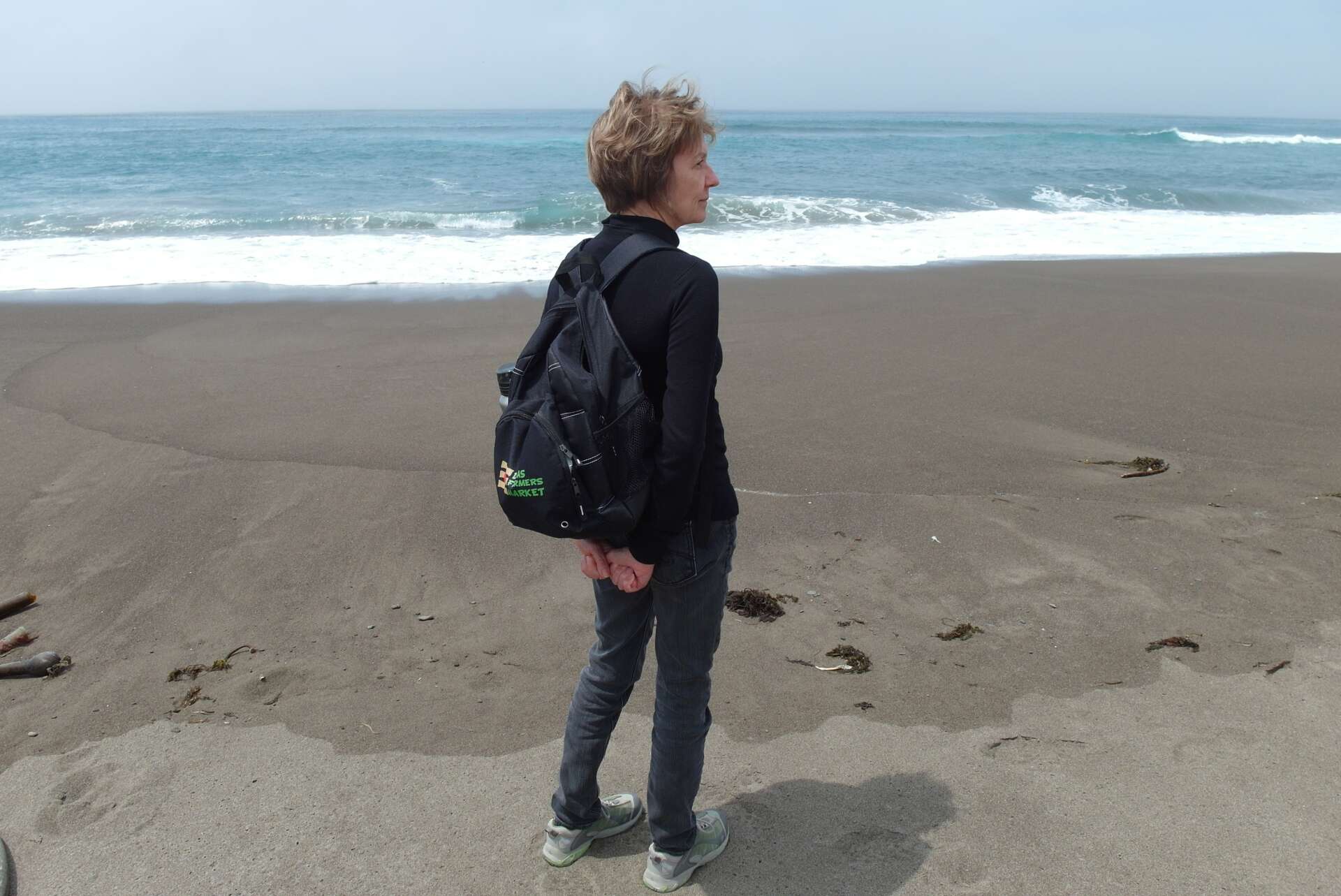
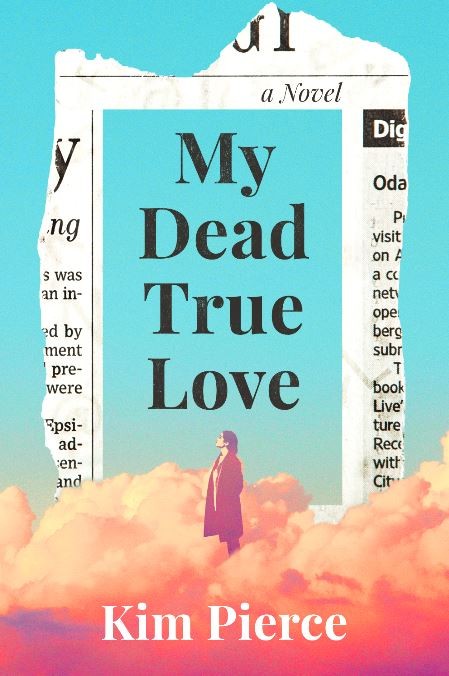
As always, we appreciate you sharing your insights and we’ve got a few more questions for you, but before we get to all of that can you take a minute to introduce yourself and give our readers some of your back background and context?
I’m a retired newspaper journalist, which means I”m probably older than most of you reading this. I’m going to come back to that in a moment. In the simplest terms, I had a knack for writing, and journalism looked like a promising profession, even though my degree was in psychology. I went very quickly from a local music magazine to a major daily (the Dallas Times Herald). It seemed a blessed path. Opportunities opened up. I spent 35+ years at the Dallas Morning News – writing mostly about food, restaurants, farmers markets and nutrition.
I was there during the halcyon days of the 1990s, when print journalism was flourishing and we were winning Pulitzer Prizes. Online journalism was a awkward gleam in a computer geek’s eye.
What could possibly go wrong?
As we know, the internet changed everything, and journalism still hasn’t recovered or found its footing in the new world. Print journalism especially crashed.
Which brings me back to being older than you. If there was one thing I learned from living through that tumult, it is this: You must always remain nimble, no matter how smooth and secure you think things are. The world – your world – can change in a heartbeat. Mine did. Besides the professional disruption, my most beloved died of a heart attack in 1998.
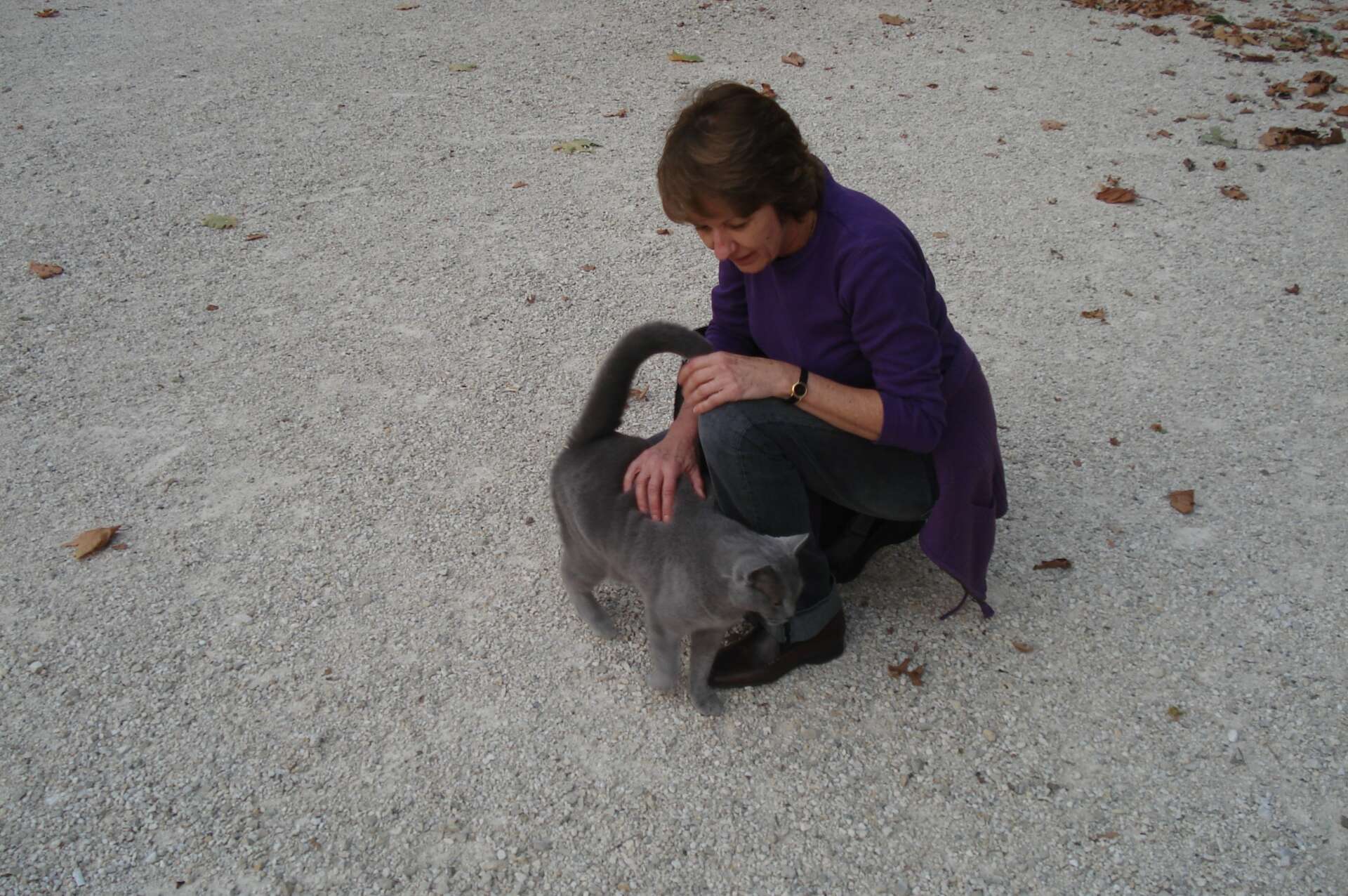
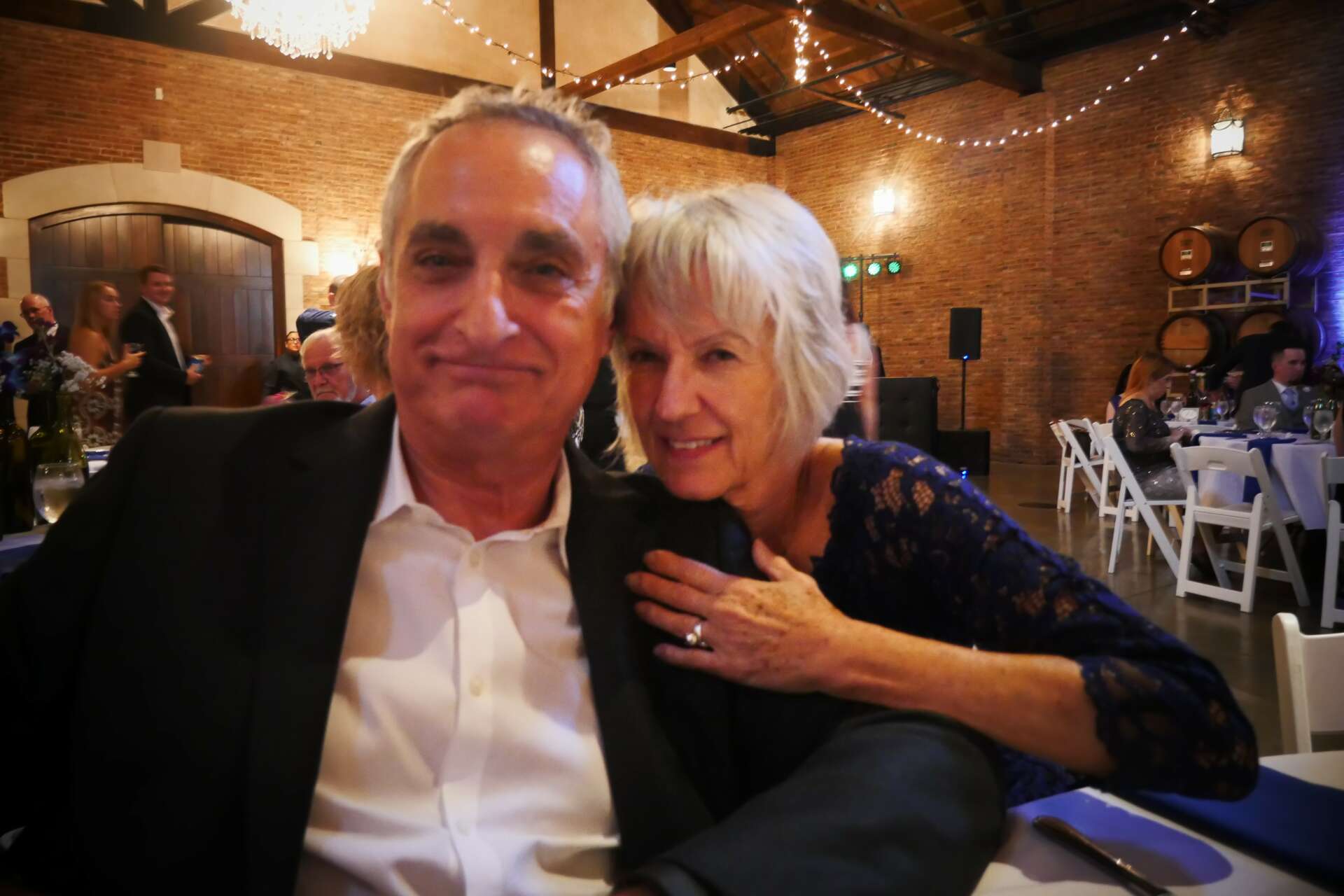
We often hear about learning lessons – but just as important is unlearning lessons. Have you ever had to unlearn a lesson?
It’s not about me. Whether you are an employee or an entrepreneur, the biggest and sometimes hardest lesson to learn is it’s not about you.
I write this as one who was constantly, diligently pointing out to my bosses what was wrong with this or could be improved by doing that. I got little traction with my bosses.
I had to learn the hard way:
What your bosses and clients want is for YOU TO LISTEN to what they need from you. Then your job is to deliver in spades.
Hard hard hard lesson. But one that pays off in the long run.
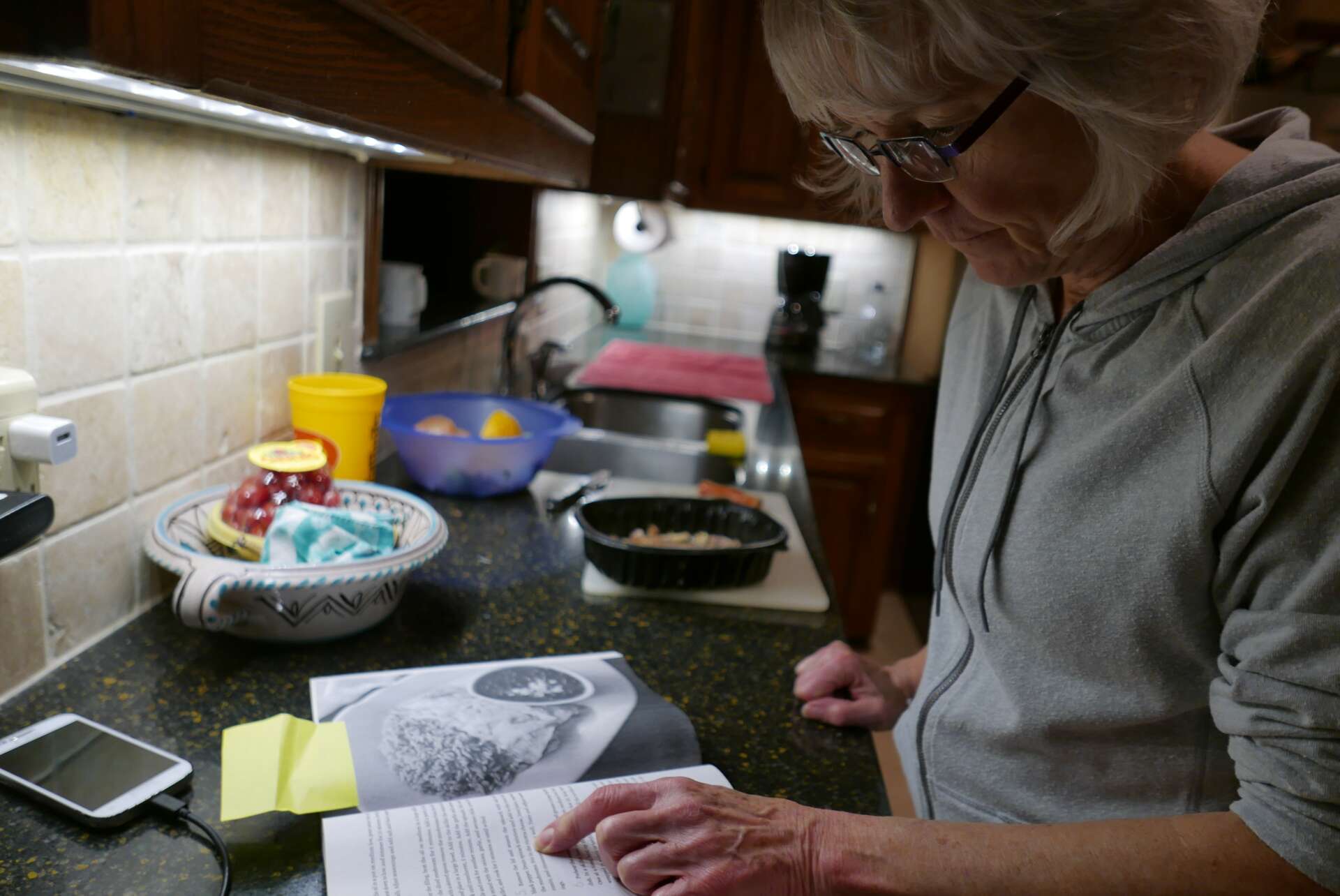
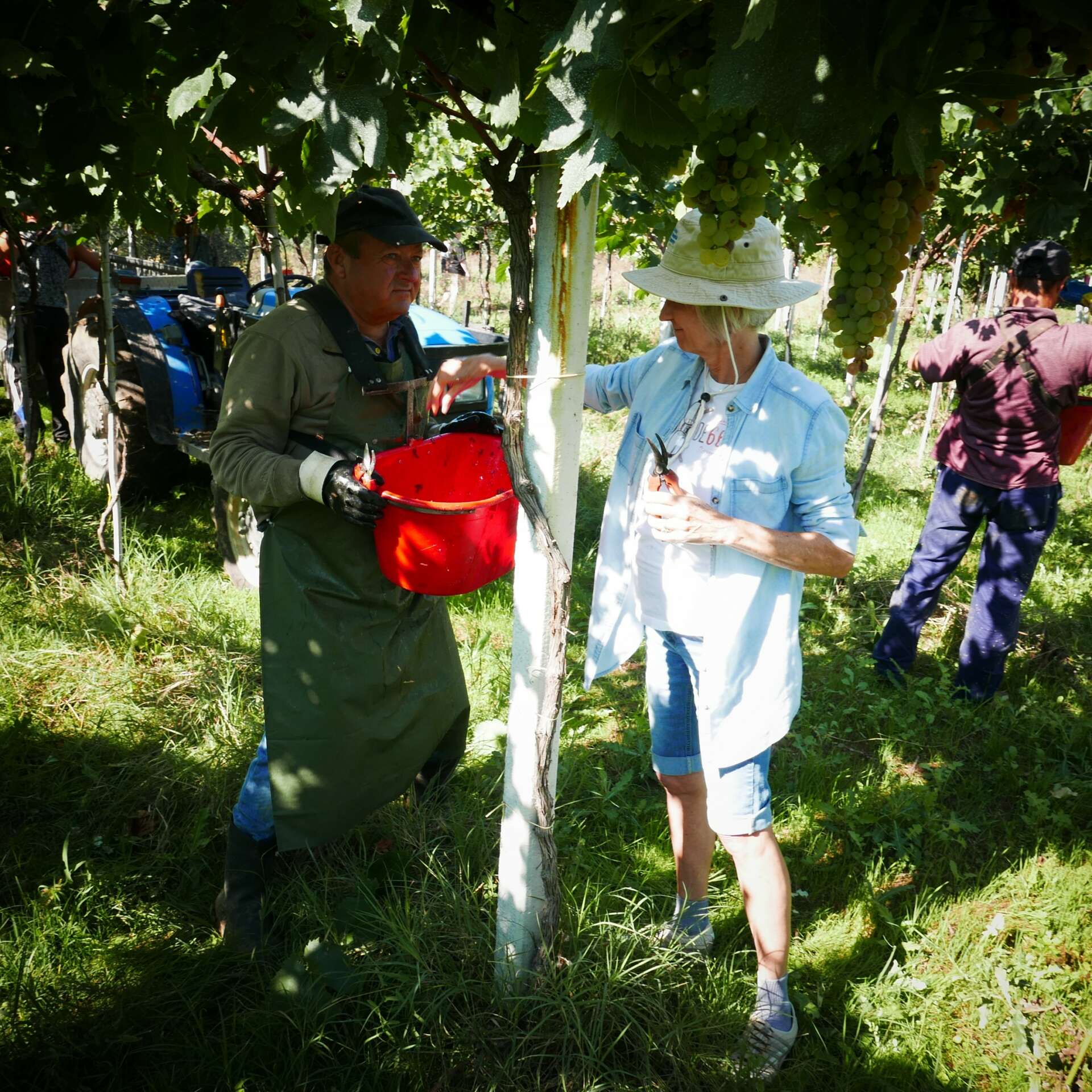
Is there something you think non-creatives will struggle to understand about your journey as a creative?
One of the most difficult things for non-creatives to understand is that you cannot monetize everything.
You cannot ask an artist to tell you how much cadmium red paint they will use in a month. Maybe they can meet you halfway with an estimate of how much paint they will use overall. But even that’s dubious. You have to understand: It’s still just an estimate. A burst of creativity might completely blow the numbers.
One of the great example of monetizing failures: Pay restrooms stalls. Yes, back in the day you were asked to deposit a dime or a quarter to gain access to a commode.
An example of accommodation from the news business: budgeting for weather events or disasters. You have to just make an educated guess and stay flexible.
Another way for non-creatives to look at it: In the real world, not everything is black and white. There are gray edges to be accounted for. Sharp non-creatives figure out ways to do this.
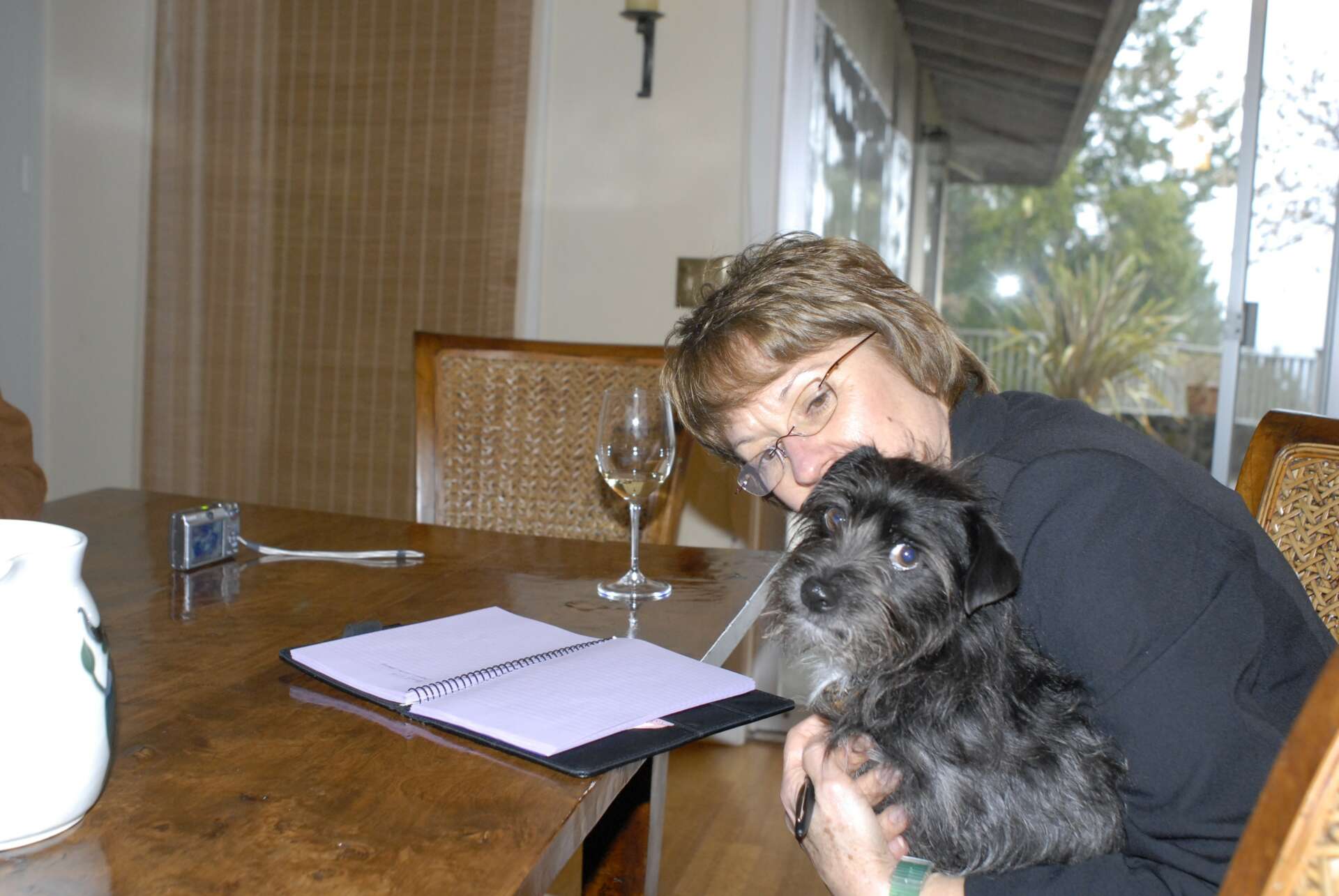

Contact Info:
- Website: https://mydeadtruelove.com
- Instagram: @kpauthor123
- Facebook: Kim Pierce – Author, Kim Pierce, SMU Feral Cat Group
Image Credits
All photos by Alfonso Cevola


